Loserville: How Professional Sports Remade Atlanta―and How Atlanta Remade Professional Sports Hardcover – February 1, 2022 by Clayton Trutor
HARDCOVER
[504 pages]
PUB: February 01, 2022
Description
Author: Trutor Clayton
Package Dimensions: 0x229x788
Number Of Pages: 504
Release Date: 01-02-2022
Details: Product Description
In July 1975 the editors of the
Atlanta Constitution ran a two-part series entitled “Loserville, U.S.A.” The provocatively titled series detailed the futility of Atlanta’s four professional sports teams in the decade following the 1966 arrival of its first two major league franchises, Major League Baseball’s Atlanta Braves and the National Football League’s Atlanta Falcons. Two years later, the Atlanta Hawks of the National Basketball Association became the city’s third major professional sports franchise. In 1972 the National Hockey League granted the Flames expansion franchise to the city, making Atlanta the first southern city with teams in all four of the big leagues.
The excitement surrounding the arrival of four professional franchises in Atlanta in a six-year period soon gave way to widespread frustration and, eventually, widespread apathy toward its home teams. All four of Atlanta’s franchises struggled in the standings and struggled to draw fans to their games. Atlantans’ indifference to their new teams took place amid the social and political fracturing that had resulted from a new Black majority in Atlanta and a predominately white suburban exodus. Sports could never quite bridge the divergence between the two.
Loserville examines the pursuit, arrival, and response to professional sports in Atlanta during its first decade as a major league city (1966–75). It scrutinizes the origins of what remains the primary model for acquiring professional sports franchises: offers of municipal financing for new stadiums. Other Sunbelt cities like San Diego, Phoenix, and Tampa that aspired to big league stature adopted Atlanta’s approach. Like the teams in Atlanta, the franchises in these cities have had mixed results—both in terms of on-field success and financial stability.
Review
“Fans of Atlanta and Georgia sports or history are absolutely going to need to read this book, and indeed fans of major US sporting in general should find quite a bit here to be illuminating. Even people who decry “sports ball” will find an utterly fascinating read about a little-documented series of events that has come to shape, in parts, the entirety of American professional sporting.”—bookanon.com
Published On: 2021-10-31
“Clayton Trutor vividly and expertly untangles the complex ball of issues that made Atlanta’s transformation into a ‘Major League’ sports town so unexpectedly (and maddeningly) difficult. A fascinating look at the way professional sports collided with politics, economics, and social upheaval in the 1960s and 1970s,
Loserville also serves as a cautionary tale for any twenty-first-century city that’s hoping to land its own MLB, NFL, NBA, or NHL franchise. In other words, be careful what you wish for!”—Dan Epstein, author of
Big Hair and Plastic Grass: A Funky Ride Through Baseball and America in the Swinging ’70s
“In
Loserville Clayton Trutor uses painstaking research and impressive command of Atlanta’s political and racial history to depict the birth of a modern American sports town. Only this creation story comes with a surprising twist. Build it and they will come? Think again.”—John Eisenberg, author of
The League: How Five Rivals Created the NFL and Launched a Sports Empire
“As a baseball historian and writer since 1969, and as a fan of the Braves since 1957, I loved every page of
Loserville, a well-crafted and well-researched history of both Atlanta and its sports teams. I especially enjoyed reliving the roller-coaster ride the baseball team took from its arrival in 1966 through its dismal years as the Bad News Braves, with attendance so poor that it took Ted Turner to keep the team in town—and eventually in national view via TBS and some shrewd acquisitions. I like the place and the book.”—Dan Schlossberg, author of
When the Braves Ruled the Diamond: Fourteen Flags Over Atlanta
“
Loserville is a fascinating history of Atlanta’s emergence as the epicenter of Sunbelt
Be the first to review “Loserville: How Professional Sports Remade Atlanta―and How Atlanta Remade Professional Sports Hardcover – February 1, 2022 by Clayton Trutor”
You must be <a href="https://webdelico.com/my-account/">logged in</a> to post a review.

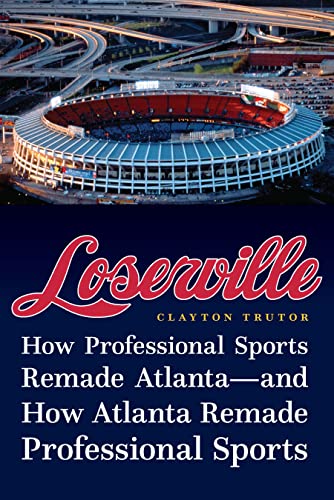
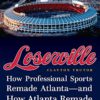



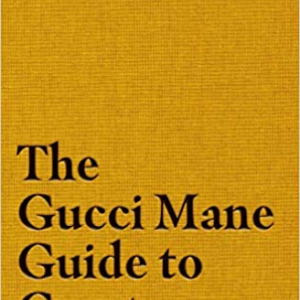



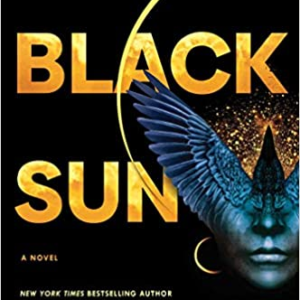

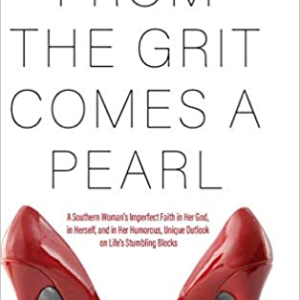



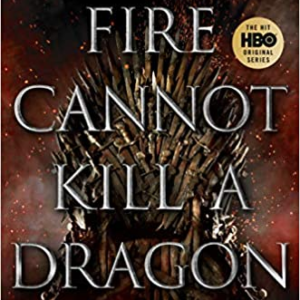











There are no reviews yet.